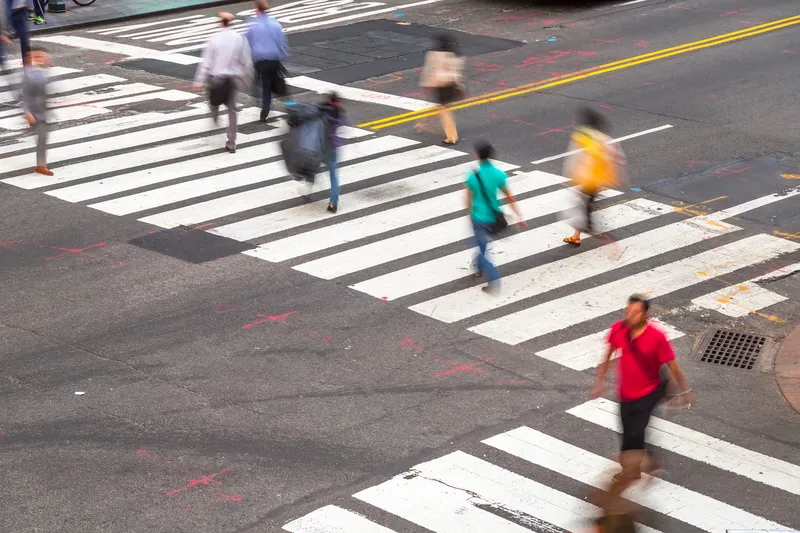The road casualty statistics for Great Britain just released by the Department for Transport (DfT) are worrying in a number of ways, says the Parliamentary Advisory Council for Transport Safety (PACTS).
They show no reduction in drink-drive deaths since 2010 – remaining at 240 deaths a year and no reduction in total road deaths and a two per cent increase in serious casualties in the past 12 months (to 31 March 2016).
Seven police forces, including the largest ones, Metropolitan and Greater Manchester
August 5, 2016
Read time: 2 mins
The road casualty statistics for Great Britain just released by the 1837 Department for Transport (DfT) are worrying in a number of ways, says the Parliamentary Advisory Council for Transport Safety (PACTS).
They show no reduction in drink-drive deaths since 2010 – remaining at 240 deaths a year and no reduction in total road deaths and a two per cent increase in serious casualties in the past 12 months (to 31 March 2016).
Seven police forces, including the largest ones, Metropolitan and Greater Manchester, have not submitted casualty reports in time, forcing the DfT to estimate the figures for Quarter 1 of 2016.
Commenting on the figures, David Davies, executive director of PACTS said, “The Government is failing in its manifesto commitment to reduce the number of road users killed or seriously injured every year. There has been very little reduction in these figures since 2010. The number of deaths involving drink driving is stuck at 240 a year and the estimated total deaths in the past 12 months is only slightly lower than it was five years ago.
“We need to see stronger action on a range of fronts, particularly drink-driving which accounts for 13 per cent of all deaths.
“A separate issue that is becoming increasingly evident is the vulnerability of the entire casualty reporting system to lack of prioritisation by some police forces. The Home Office needs to make clear that accurate and timely reporting is essential.”
They show no reduction in drink-drive deaths since 2010 – remaining at 240 deaths a year and no reduction in total road deaths and a two per cent increase in serious casualties in the past 12 months (to 31 March 2016).
Seven police forces, including the largest ones, Metropolitan and Greater Manchester, have not submitted casualty reports in time, forcing the DfT to estimate the figures for Quarter 1 of 2016.
Commenting on the figures, David Davies, executive director of PACTS said, “The Government is failing in its manifesto commitment to reduce the number of road users killed or seriously injured every year. There has been very little reduction in these figures since 2010. The number of deaths involving drink driving is stuck at 240 a year and the estimated total deaths in the past 12 months is only slightly lower than it was five years ago.
“We need to see stronger action on a range of fronts, particularly drink-driving which accounts for 13 per cent of all deaths.
“A separate issue that is becoming increasingly evident is the vulnerability of the entire casualty reporting system to lack of prioritisation by some police forces. The Home Office needs to make clear that accurate and timely reporting is essential.”








